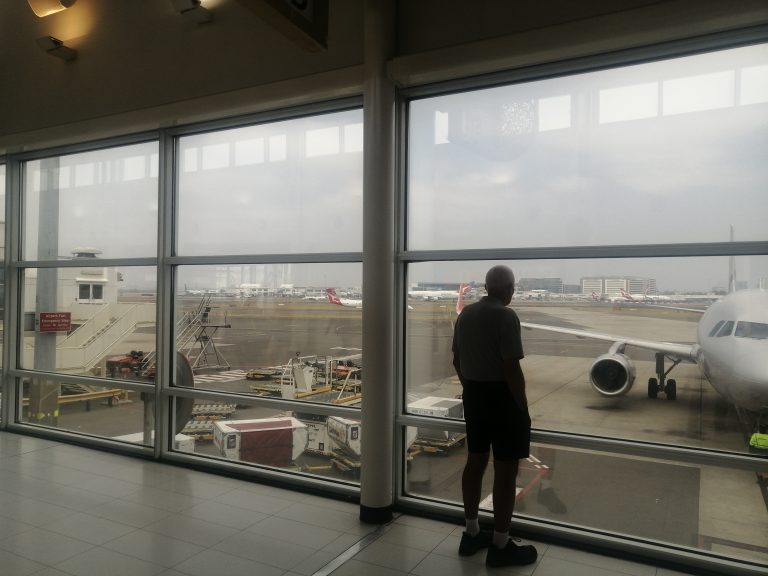
Australia has announced it will extend its international border restrictions for at least another three months to protect the country against the spread of the coronavirus.
The restrictions on all international visitors were announced in March, with Australians and permanent residents also banned from leaving the country unless granted an exemption.
On the advice of the Australian Health Protection Principal Committee (AHPPC), Health Minister Greg Hunt announced late on Thursday the emergency period will be extended until at least December 17.
“AHPPC has advised that the international and domestic Covid-19 situation continues to pose an unacceptable public health risk,” Hunt said in a statement. “The extension of the emergency period is an appropriate response to that risk.”
The human biosecurity emergency also suspends regular international flights and cruise ships, and protects the sale and supply of some essential goods.
In July, the government set a cap of 4,000 weekly arrivals to the country and states began charging people for compulsory two-week hotel quarantine.
Australia’s national coronavirus death toll stands at 737, according to figures released on Friday. The last tally on total infections reported by the national health department was 26,049.
Neighbouring New Zealand recorded its first coronavirus death in more than three months on Friday when a man in his 50s succumbed to the virus.
Health officials said the man was part of a second-wave cluster of infections that emerged in Auckland last month, ending a spell of 102 days free of community transmission in the South Pacific nation.






